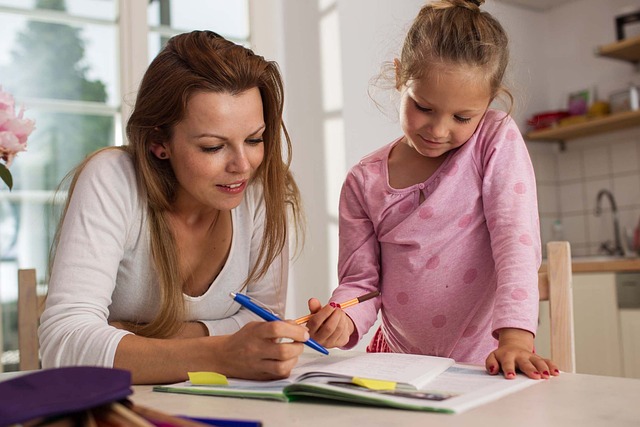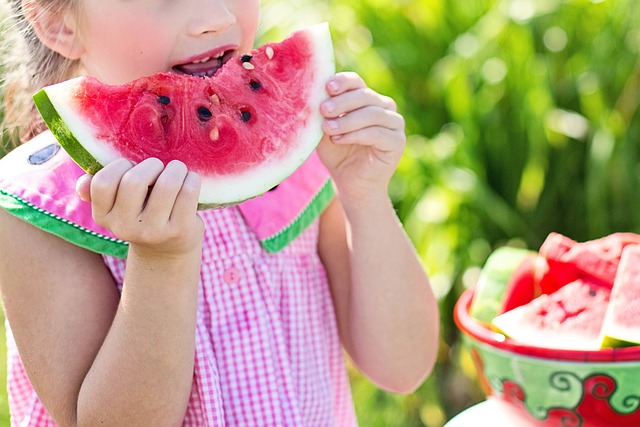
Using AAC Functionally
AAC (Augmentative and Alternative Communication) isn’t just about pushing buttons or pointing to pictures, it’s about giving someone the tools and opportunities to communicate effectively. Whether it’s a high-tech speech-generating device or a simple picture board, AAC is most powerful when it’s used in natural, meaningful contexts. 1. Make it part of the moment: AAC use shouldn’t be limited to “therapy time.” Bring it into everyday routines—requesting a snack at the table, commenting during play, or greeting a friend. 2. Model!: Just like spoken language, AAC needs to be seen and heard before it’s used independently. Point to symbols as you talk, narrate what’s happening, and demonstrate how to combine words. 3. Focus on more than requests: AAC isn’t only










